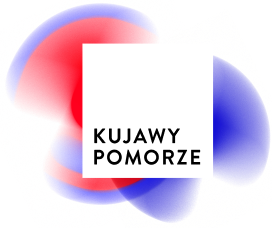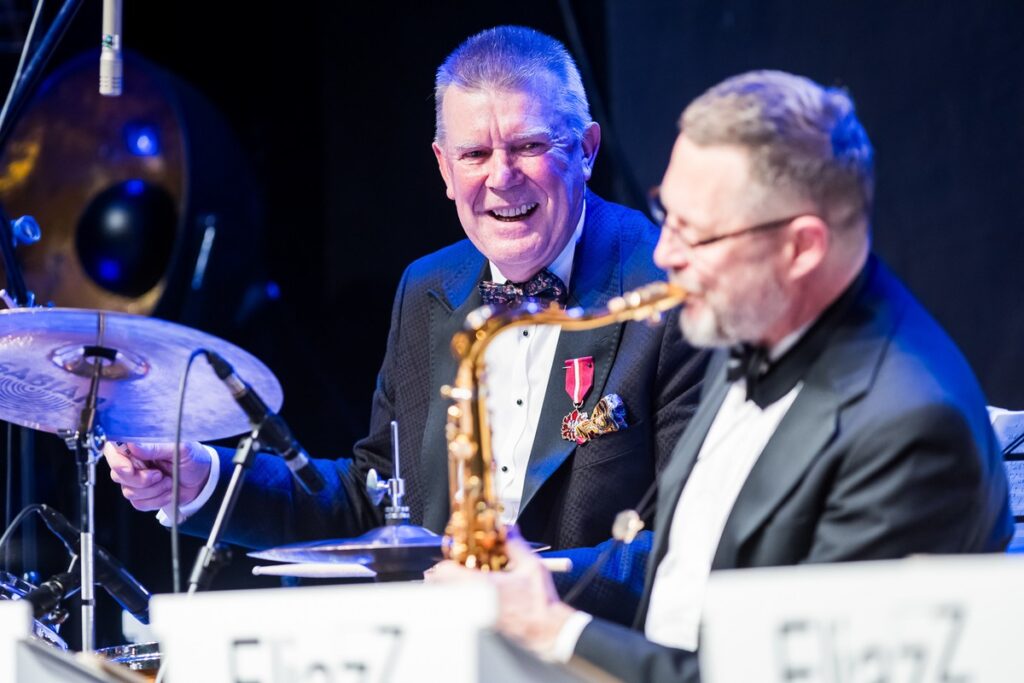
I still feel the hunger to play
Interview with Jozef Eliasz – jazz drummer, music producer, founder of the Eljazz club in Bydgoszcz, head of the Eljazz Big Band, organizer of the International Jazz Festival, honored with the Marshal’s Unitas Durat Palatiantus Cuiaviano-Pomeraniensis Medal on the occasion of fifty years of artistic work and twenty-five years of the Eljazz Big Band, which will play at this year’s Marshal’s Benefit Ball.
– What was your first contact with jazz like?
– When I started my adventure with this genre I was not aware of what it exactly was, but this music inspired me and my colleagues a lot. That’s why we wanted to explore it. We learned about jazz through the radio where Willis Conover presented recordings that fascinated us. Some of my colleagues wrote down these pieces on cards to later attempt to perform them. I, at that time, played mainly popular, dance music, which had little to do with jazz, and it was only in the early 1970s that I became interested in this musical genre. We played in student clubs, which at the time were the only places in Poland that gave the opportunity to play jazz. At that time I met great musicians, composers and their works. With other novice musicians we modeled ourselves on American jazz.
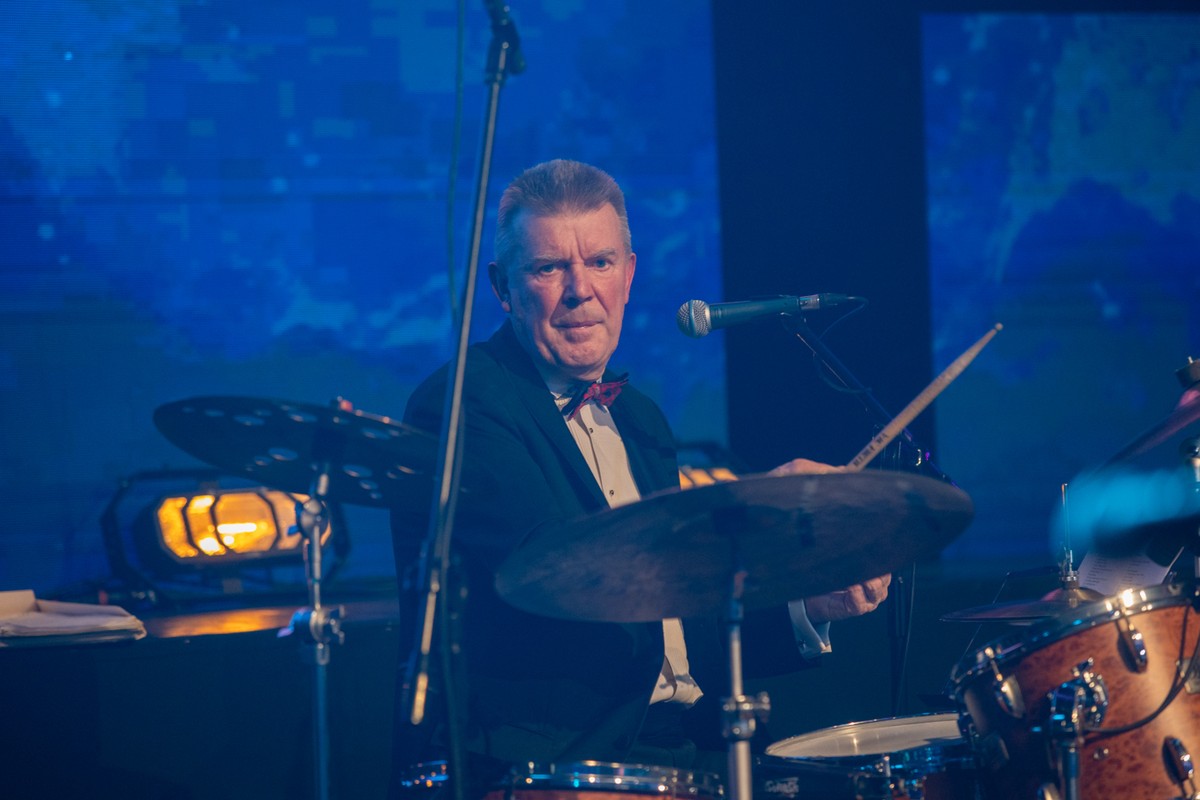
fot. Mikołaj Kuras dla UMWKP
– Why did you choose jazz? Half a century ago, young people tended to reach for guitars, and drummers wanted to play like Jon Bohnam of Led Zeppelin or Ian Pace of Deep Purple.
– Before I consciously encountered the genre at a workshop in Chodzież (to which I was referred by the then president of the Jazz Association in Bydgoszcz, Ryszard Jasinski), I listened primarily to popular music. I got acquainted with some Led Zeppelin or Deep Purple songs, but it was jazz that became my love, because it had something mysterious and revealing about it. My main goal became playing drums and developing my own skills. I wanted to improvise, because improvisation is the essence of jazz, and although my first attempts were unspiritual, they were very fascinating. The place that gave me the space to work and practice in the 1970s was the basement of the Beanus club in Bydgoszcz. I played there for hours which involved problems, because above the rehearsal room there was a reading room. The reverberation of the drums was so great that it disturbed the readers, so complaints were written against me. Some people took me to their defense, and as a result I was still able to practice. Later, with my colleagues, I went to Wroclaw to the Jazz on the Oder festival. There I received an individual award, which gave me a boost and that’s how I became a jazz musician.
– What musicians did you look up to?
– I was fascinated by many jazzmen, especially drummers. My first great idol was the outstanding American drummer Elvin Jones. He played very difficult parts and I didn’t really know how to imitate him, and I wanted to be a drummer like him. Years later, another great musician Buddy Rich came along. I am still fascinated by him to this day and consider him the drummer of all time. He was both a big band leader and a virtuoso drummer, and his technique and style continue to fascinate generations of drummers. Although he has many imitators, no one can play like him. But it wasn’t just drummers who were important to me. Also such figures as Miles Davies and John Coltrane, as well as big band leaders Duke Ellington, Buddy Ritch and Louie Bellson. I especially enjoyed the role of leaders. Years later, I was able to fulfill this youthful dream, as I play drums, conduct and lead an orchestra.
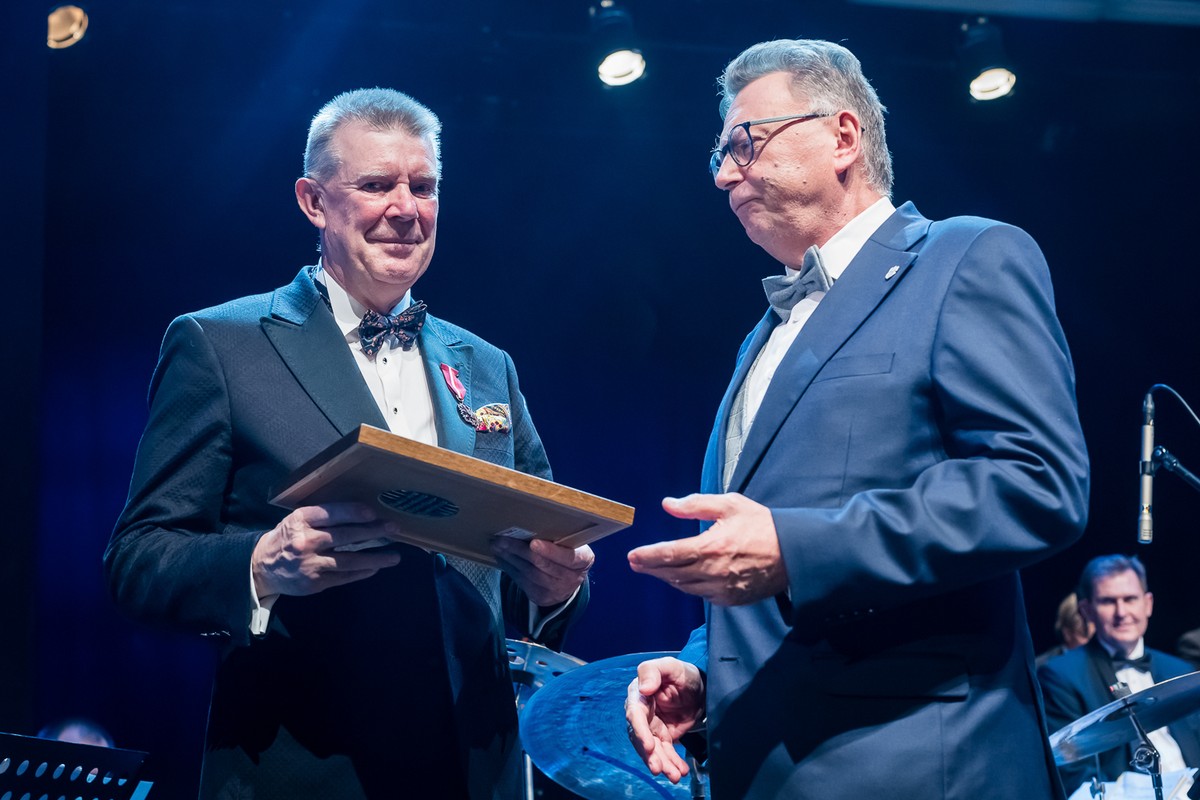
fot. Tomasz Czachorowski/eventphoto.com.pl dla UMWKP
– What were your first concerts like?
– I played them in the Beanus club in Bydgoszcz with friends who, like me, were jazz beginners. We thought we were playing pretty well, but life verified this pretty quickly. I remember a concert by Janusz Stefański, who was my first instructor at a workshop in Chodzież. After his concert I broke down. I stated at the time that I would never play the drums at the level he did. I decided that I would practice even more. Unfortunately, I had no teacher, and what I did was intuitive. I made a lot of mistakes and tried to correct them. Years later, I can say that I wouldn’t change the instrument, and earlier I thought about the piano, as well as the style of music. Jazz is the only one that allows instrumentalists to showcase their skills in solo parts and at the same time make inspiring contact with other musicians on stage. I’m happy to be in touch with this music all the time, and I still feel a hunger to play, and to be together with colleagues on stage, interacting with the audience, is something amazing.
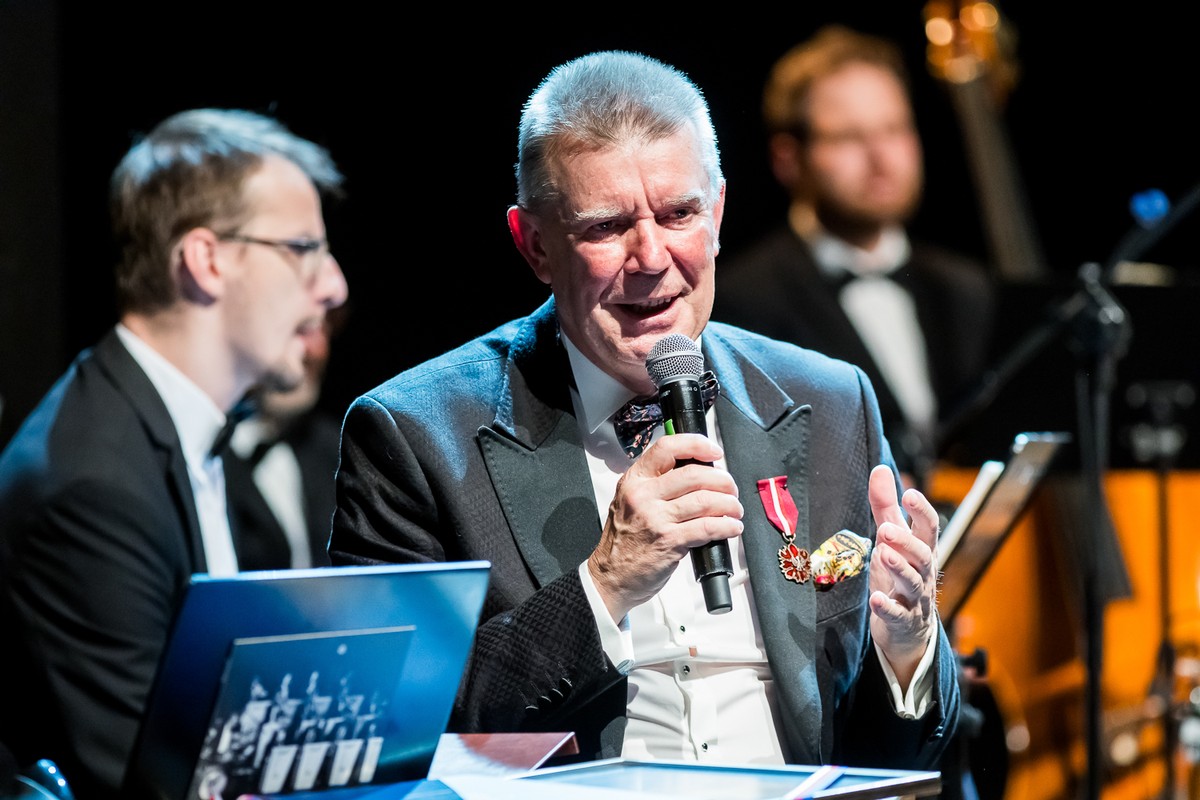
fot. Tomasz Czachorowski/eventphoto.com.pl dla UMWKP
– Which of your musical projects are you most proud of?
– When the big band was formed, the first project I did with it was the “Memories” album. I wanted to return to the great composers of the interwar period – Henryk Wars, Jerzy Petersburski or Wladyslaw Szpilman – to bring back beautiful melodies. This album was probably the first in Poland to feature songs from this period. They were sung by the excellent Lora Szafran. Working on this album was a great experience for us, because we wanted to record and release it in an American style – and I think we succeeded. One of our more important projects was entitled “In the Rhythm of Chopin.” At the invitation of the Marshal of the province, Piotr Całbecki, we presented it at a concert in Brussels, which was a great artistic experience for us. I will not forget the playing of the Brussels symphony orchestra, which sounded excellent. In the project “After the Catastrophe” we faced the music of Krzysztof Komeda, whose compositions I really like to play. The last important one for me is a project with the music of Johann Sebastian Bach. I think that our output, as for big bands, is considerable. I am also grateful for the cooperation with the Marshal’s Office, which has been supporting my activities for many years, and thanks to which these ambitious projects could be created. I would like this cooperation to continue. I wish everyone beautiful sounds in our performance and see you at our concerts.
January 2025.

